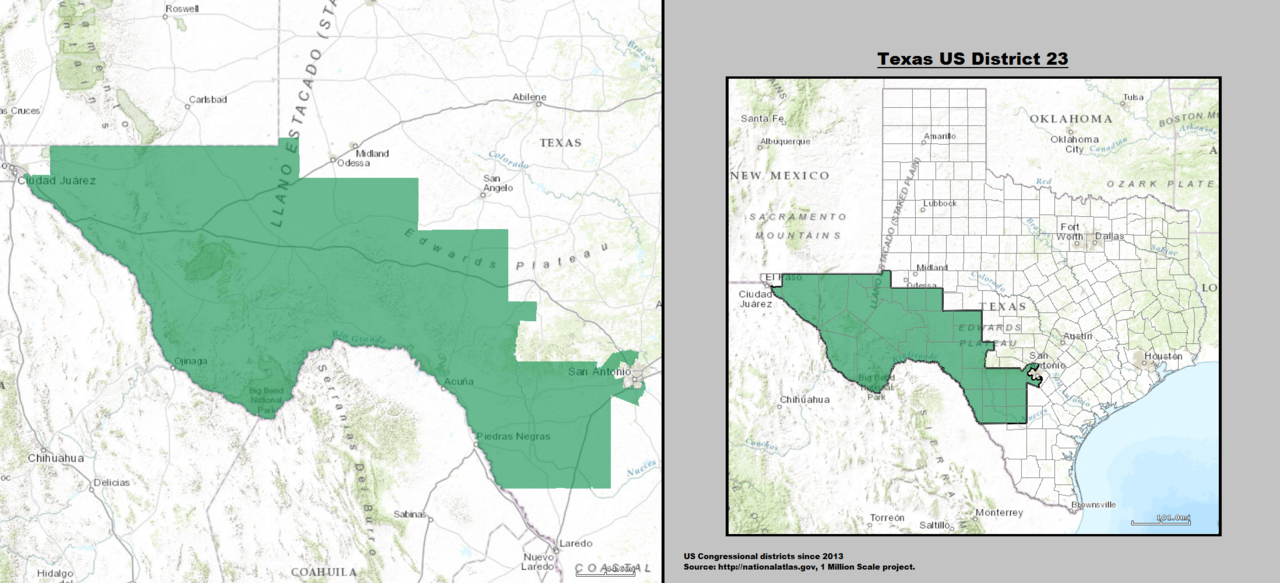This supplements recent conversations we've been having about what drives people to vote.
It also suggests that Trump's success will not only have an impact on the parties, but on a key aspect of political science research.
Do we expect too much from voters?
-
Click here for the article.
Perhaps it is finally time to stop pretending there is such a thing as a rational voter who seeks information to vote based on the issues alone, as decades of political-science research has assumed. Instead, Achen and Bartels argue, we can only progress by accepting that most voters are deeply uninformed and lack meaningful preferences, and even those who do know and care about politics are all just partisan loyalists. Can we acknowledge that social-group identities are the most important structuring force in politics, and politics is really at heart just identity politics? And can we build new theories around the undeniable evidence that politics is and always will be based on emotion and conflict, not logic and consensus?
It's time to make peace with a simple fact of political life: Rationality is a chimera.
For political science, this argument actually amounts to a rediscovery of old truths about group conflict being the center of politics. A half century ago, these were the mainstream views in the discipline. At that time, political science was also much more qualitative — for example, congressional scholars actually hung out in Washington and spent hours talking to people who worked there, instead of only staring at computers analyzing data — and sociological, in that scholars focused more on norms and cultures and folkways than they did on modeling individual incentives.
But sometime in the 1960s, political science took a turn away from groups and toward "rational individualism." Scholars began to treat both voters and politicians as utility-maximizing actors who had consistent and externally determined preferences along some unidimensional left-right spectrum. (Where these preferences came from, it was never clear.) And scholars also assumed these voters knew enough to adequately express these preferences meaningfully. Voters and officeholders and groups all existed in a "game" in which they tried to move policy to their "ideal point." Voters tried to hold politicians "accountable" for their performance, while politicians "maximized" their utility from office holding. Economics, not sociology, became the model discipline. Incentives replaced norms and cultures.
These assumptions were popular in the academy because they made both formal modeling and fancy statistical analysis more tractable, and therefore made political science more "scientific." Plus, there was plenty of easily accessible data on elections, roll-call votes, and public-opinion surveys to be tilled into publishable journal articles. "The result," Achen and Bartels write, "was a body of work that was simultaneously advanced in its methods and antiquated in its ideas."
They were also popular because they fit with the prevailing good-government idea, what Achen and Bartels dismissively call "the folk theory of democracy." Under the folk theory, "Democracy makes the people the rulers, and legitimacy derives from their consent." Elections should and can be meaningful events that truly empower the people. Therefore, if democracy has gone wrong, it’s merely because our voters are too uninformed, our candidates are too corrupt, our political discourse is too awash in lies. Like political science, good-government reformers pursued an idealized world of informed voters making meaningful independent choices that could give them actual power.
For Achen and Bartels, all this reformist moral exhortation is an exercise in futility. All the standard bromides of good-government reformers — more participation, better civic education, a more responsible media — represent mountains of wasted good intention that will never lead to more responsive government.
The most obvious flaw of the folk theory is that it expects far too much out of citizens: "Can ordinary people, busy with their lives and with no firsthand experience of policy making or public administration, do what the theory expects them to do?" Of course not. "Mostly," Achen and Bartels write, "they identify with ethnic, racial, occupation, religious or other sorts of groups, and often — whether through group ties or hereditary loyalties — with a political party."



